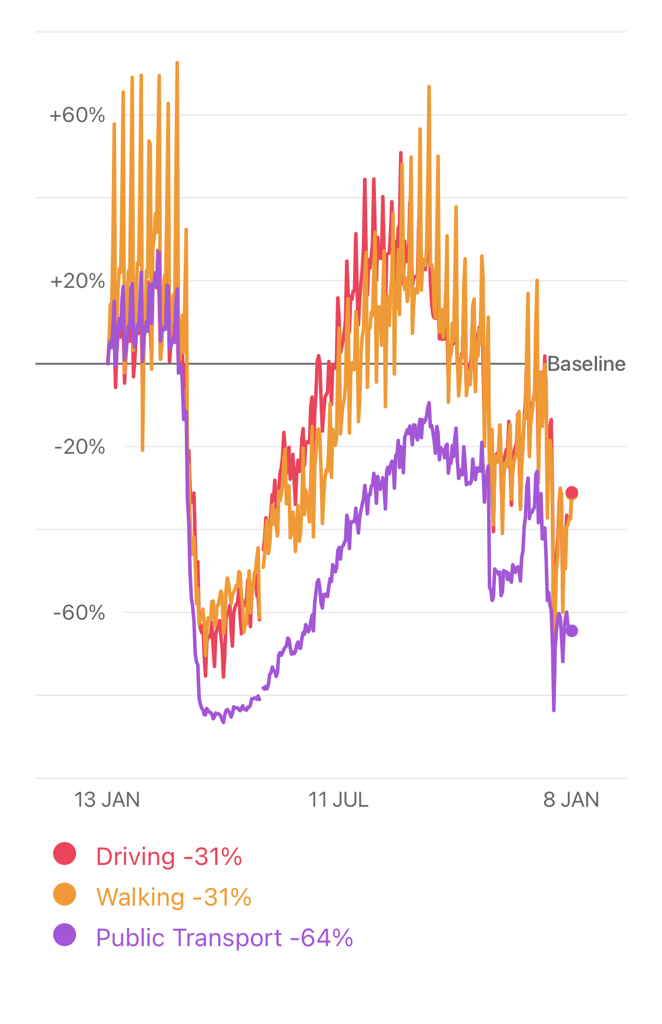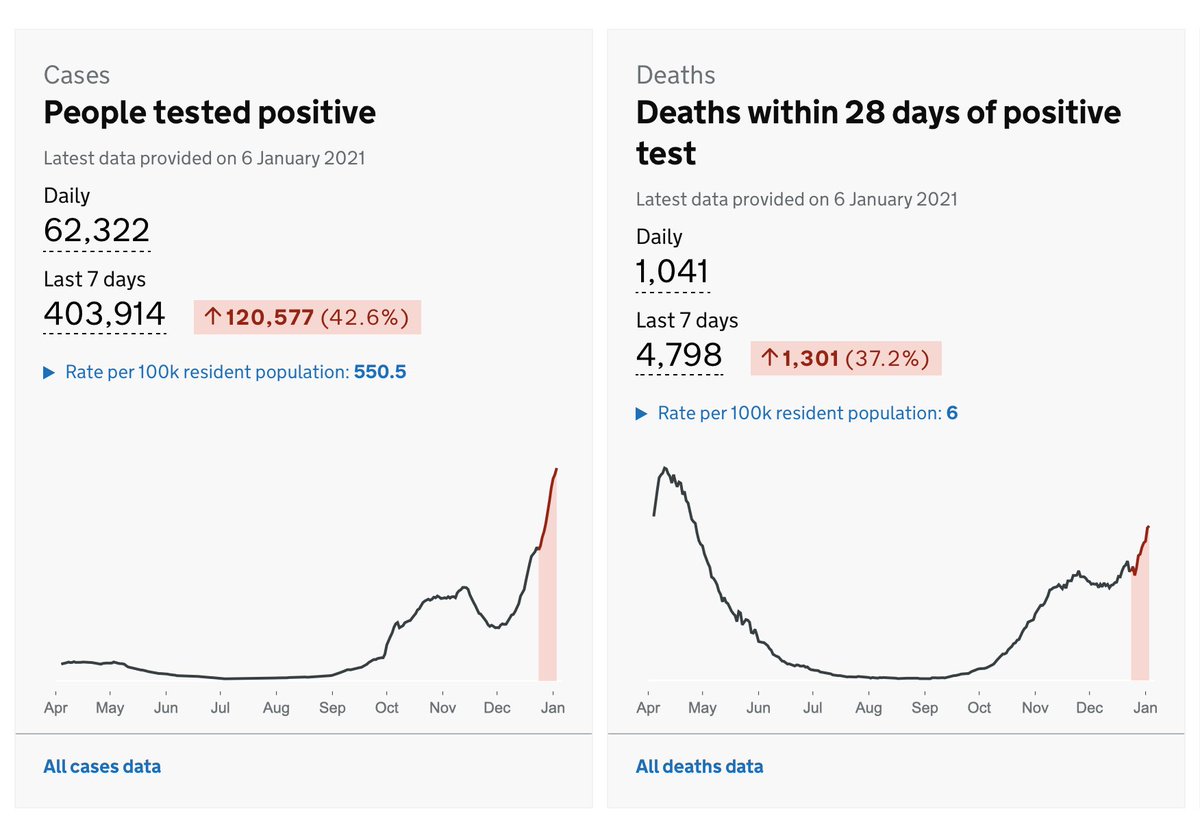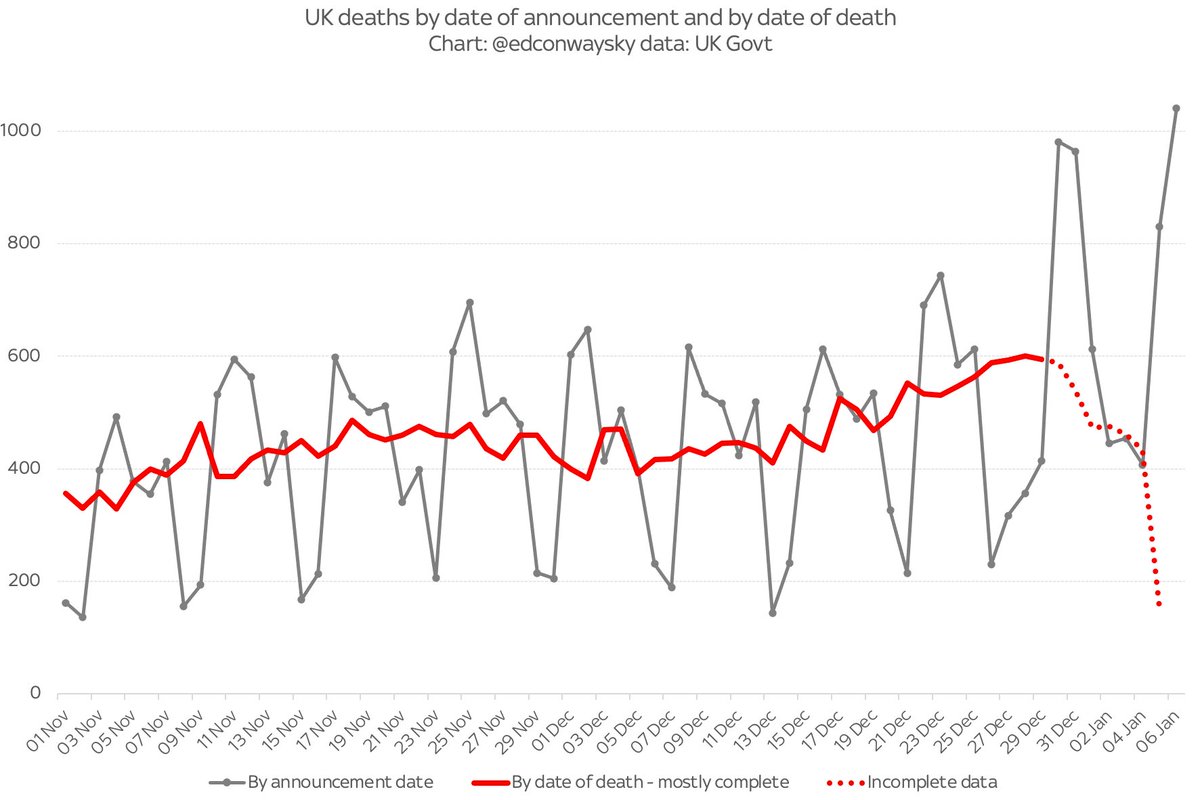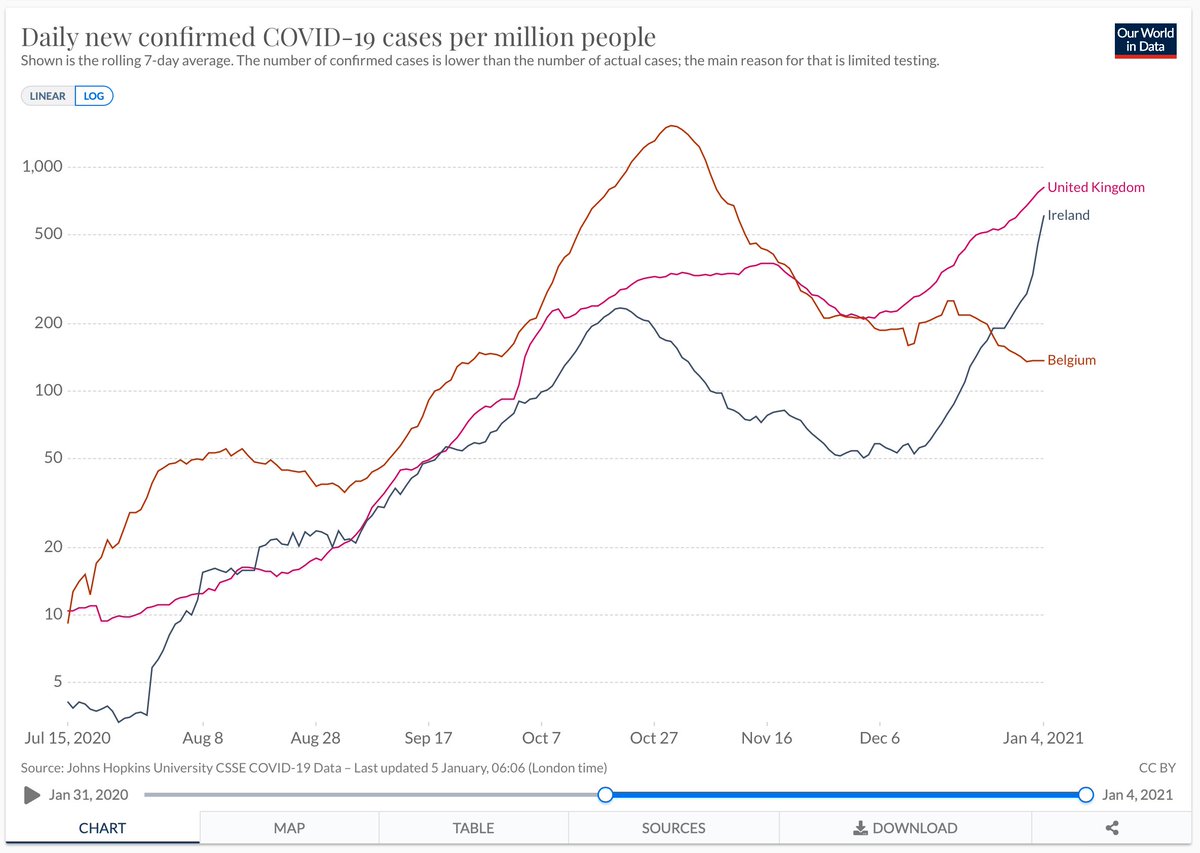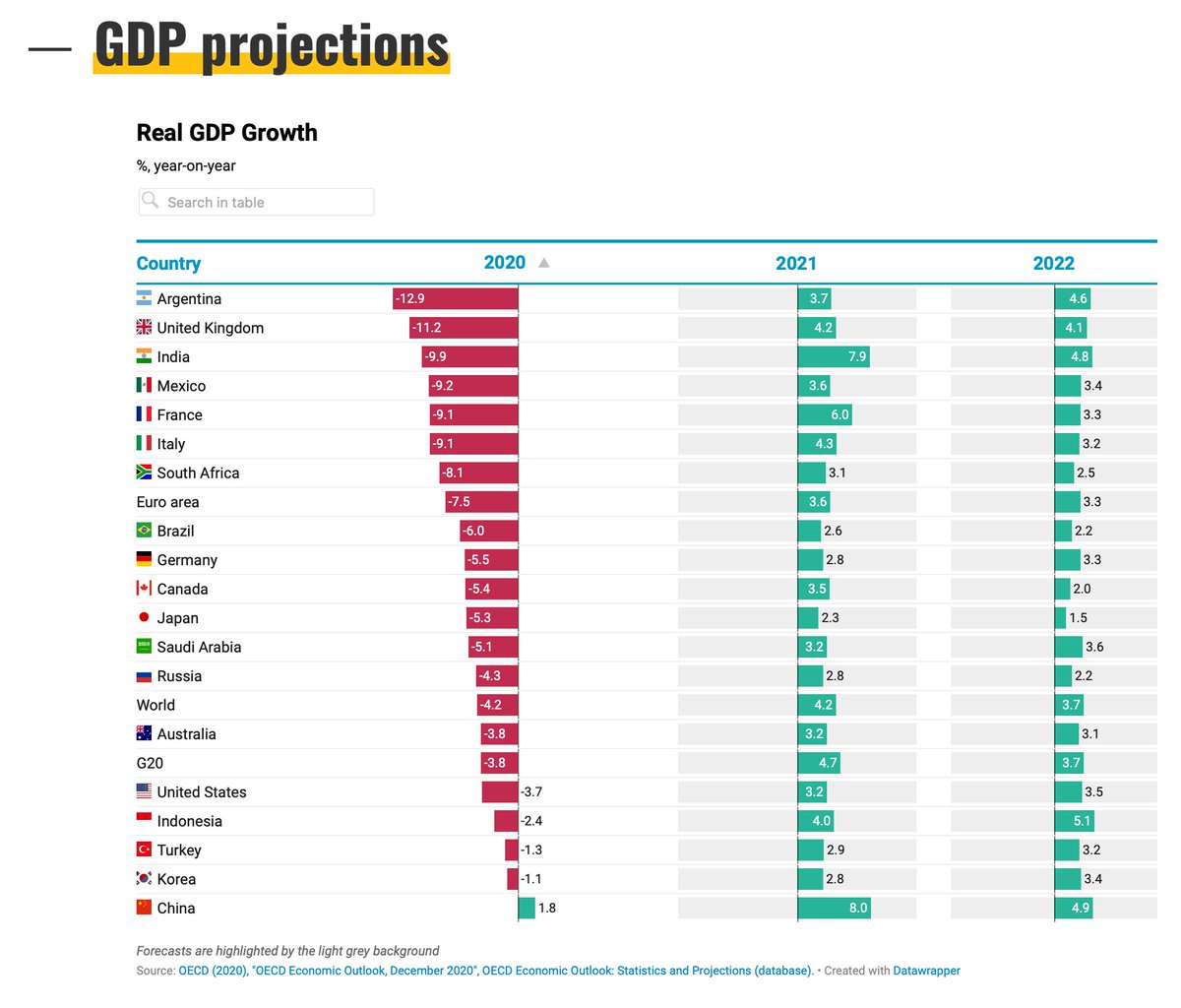
My @thetimes column about the most important economic issue no-one is talking about: the collapsing fertility rate. Not long ago the UK had one of the highest fertility rates in Europe. Not any more. This could have ENORMOUS consequences... thetimes.co.uk/article/bed703…
These two @ONS charts tell you the story. Up until 2012 the total fertility rate (eg no of children per woman on avg) was just under 2. By late 2020 it was 1.6. It has NEVER been that low. This pre-dates #COVID19. It is a trend. But one which v few seem to have taken on board. 

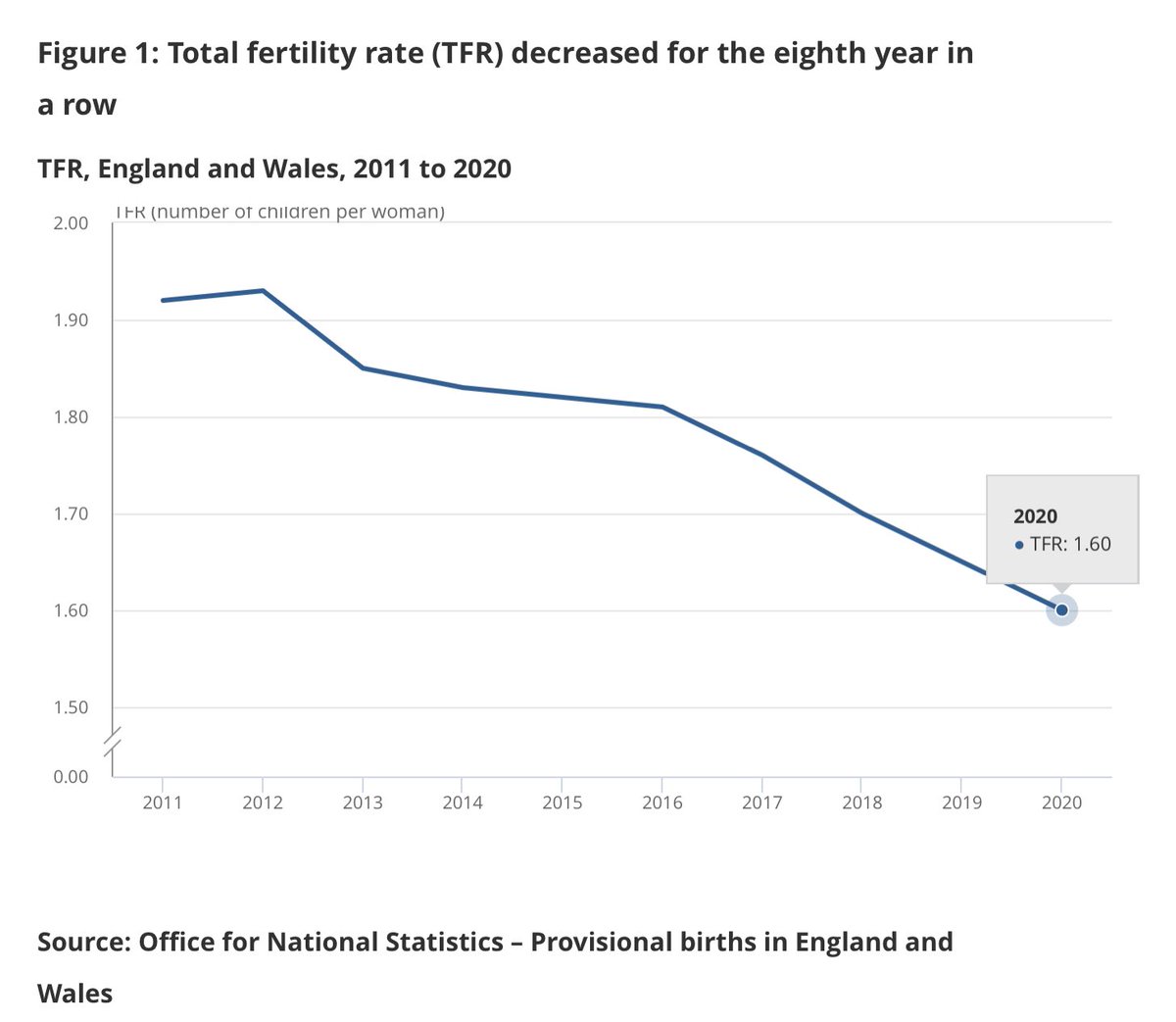
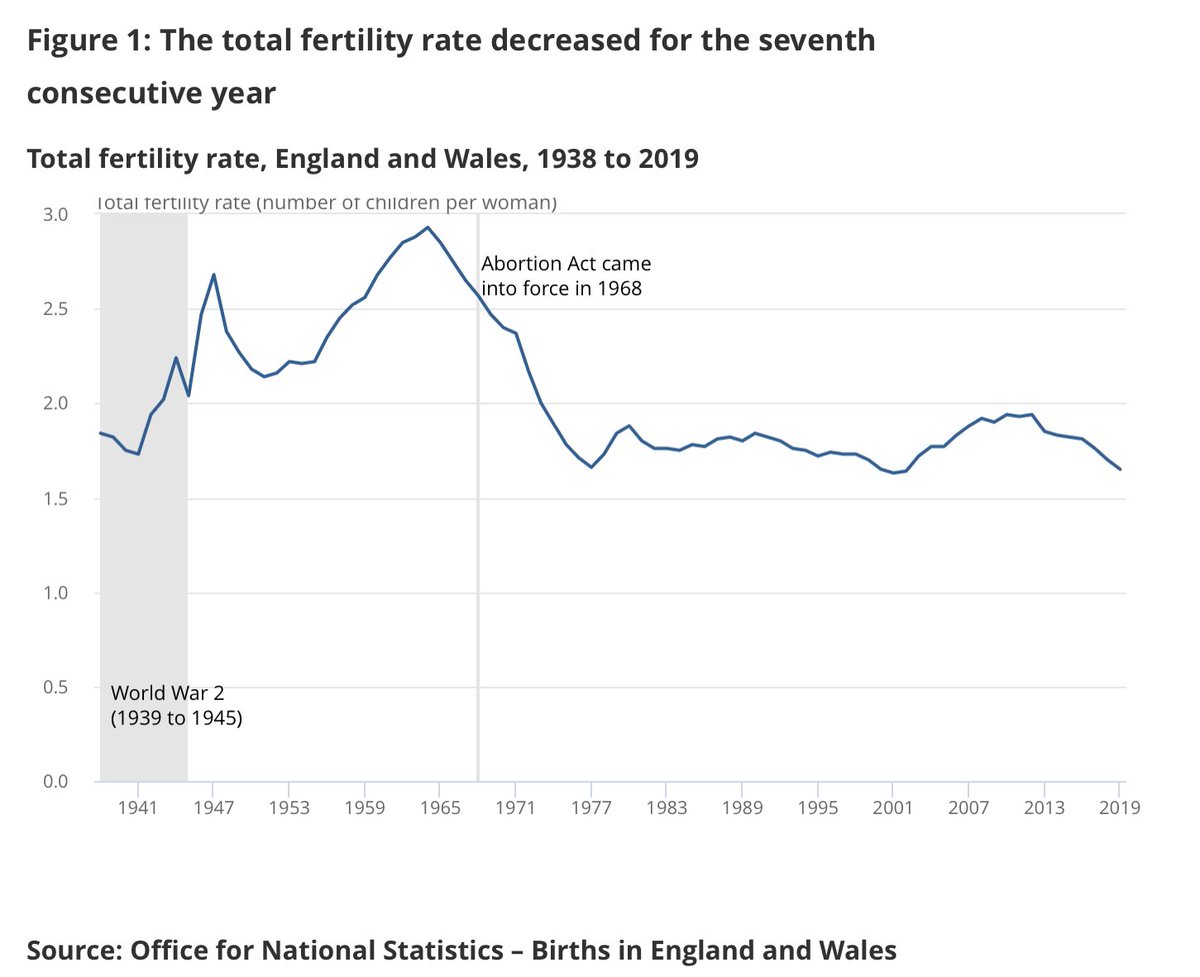
Sidenote: it’s quite plausible that 2020 is the first year since the 1970s (and one of the only on record) that deaths outnumber births in England & Wales. We won’t know for a bit but both look like being just over 600k. Depressing milestone.
Sidenote 2: population growth equals births minus deaths plus net migration. And when you bear in mind migration outflows during #COVID19 it’s possible (likely?) that total UK population fell in 2020 at the fastest rate since WW2 - as per this paper from yday
https://twitter.com/jdportes/status/1349696139407273984
The drop in fertility rates is a more puzzling & potentially more consequential trend. The conventional wisdom is still that the UK has slightly more favourable demographic fundamentals than Germany or Italy. But that’s because no-one’s been paying attention to the actual numbers
UK fertility rate is now on par with Germany’s. If sustained, that will mean a faster ageing population and, in longer run, a shrinking population, cf Japan.
For a lot of people this will sound like good news. And there’s nothing wrong with being smaller. But it has consequences:
For a lot of people this will sound like good news. And there’s nothing wrong with being smaller. But it has consequences:
The welfare state upon which the elderly rely & will increasingly rely (and here I mainly mean the NHS & pensions) are highly dependent on a sizeable workforce. Both to provide people to work and to pay the taxes to fund it. Lower fertility means fewer homegrown workers in future
With shrinking populations around the western world, it’s possible that far from attempting to keep immigrants out, in the coming decades countries end up competing to attract immigrants in, to work in healthcare/social care and provide other services.
For a more considered global take on these demographic trends I’d highly recommend Charles Goodhart and Manoj Pradhan’s book The Great Demographic Reversal. It’s a fascinating analysis of how demography is the real big story in the global economy palgrave.com/gp/book/978303…
And it’s not all bad news. A shrinking population could mean somewhat higher wages (though also higher interest rates) and a narrowing of inequality. The point, however, is that we’ve barely started to internalise this stuff, let alone confront it.
Worse: in the UK we blithely assume that these trends won’t affect us as badly as much of Europe or Russia or Japan, because we’ve convinced ourselves our fertility fundamentals are better. Well, no. They’re not. As I say ☝️ fertility has dropped and no-one seems to have noticed
Why have fertility rates collapsed? High house prices/debt which prevent young adults from settling down? Cultural changes? Benefits cuts? All plausible. But scant work has been done on this, perhaps because too few have realised it’s actually happening thetimes.co.uk/article/bed703…
• • •
Missing some Tweet in this thread? You can try to
force a refresh

